How secure is your password?
How to create a safe and easy to remember password
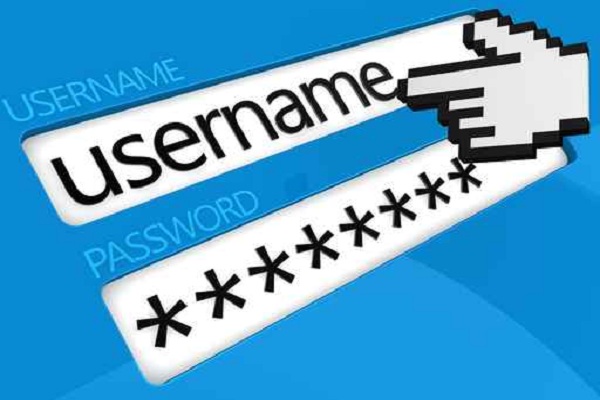
It's World Password Day, so it's the perfect time to see how secure your password is.
Remember, just because a password is hard for you to remember, doesn't mean that a computer won't crack it within minutes or hours.
If you take away one thing from this article, it should be this: A long, easy to remember password is better than a short, complex password.
Let's illustrate this with a couple of examples. The first from XKCD shows the complicated password "Trub4dor&3" might appear secure, but it will take 3 days to crack at an estimated rate of 1,000 guesses per second.
Tips for your password
Do
Experiment with creating a strong password here
Sign up today and you will receive a free copy of our Future Focus 2025 report - the leading guidance on AI, cybersecurity and other IT challenges as per 700+ senior executives
Make it as long as possible
Use a variety of characters
Use different passwords whenever possible
Sign-up for two-factor authentication
Don'tUse any factual information e.g. birthdays
Share your password over email or text
Use simple passwords like "12345", "password" or "qwerty"
Meanwhile, a password made up of four random but easily memorable words "correct horse battery staple" would take 550 years to crack at a rate of 1,000 guesses per second. The more characters a password has, the longer it takes to crack.
Sound too good to be true? Let's look at another example, courtesy of Steve Gibson, who hosts the Security Now podcast.
Which is more secure?
PrXyc.N(n4k77#L!eVdAfp9 (23 characters)
or
D0g.....................(24 characters long)
Look closely, you'll see both include an uppercase letter, lowercase letter, number, and "special" character. So the second is more secure because it is longer.
Gibson doesn't recommend adding dots into all your passwords, but does suggest you come up with unique padding to help increase the length of passwords.
Most websites require you to use capital letters and numbers so this can act as your padding between four or more random but memorable words.
"You could put some padding in front, and/or interspersed through the phrase, and/or add some more to the end. You could put some characters at the beginning, padding in the middle, and more characters at the end. And also mix-up the padding characters by using simple memorable character pictures like "<->" or "[*]" or "^-^" . . . but do invent your own," Gibson noted.
-
 Cyber resilience in the UK: learning to take the punches
Cyber resilience in the UK: learning to take the punchesColumn UK law now puts resilience at the centre of cybersecurity strategies – but is legislation simply catching up with enterprise understanding that resilience is more than just an IT issue?
-
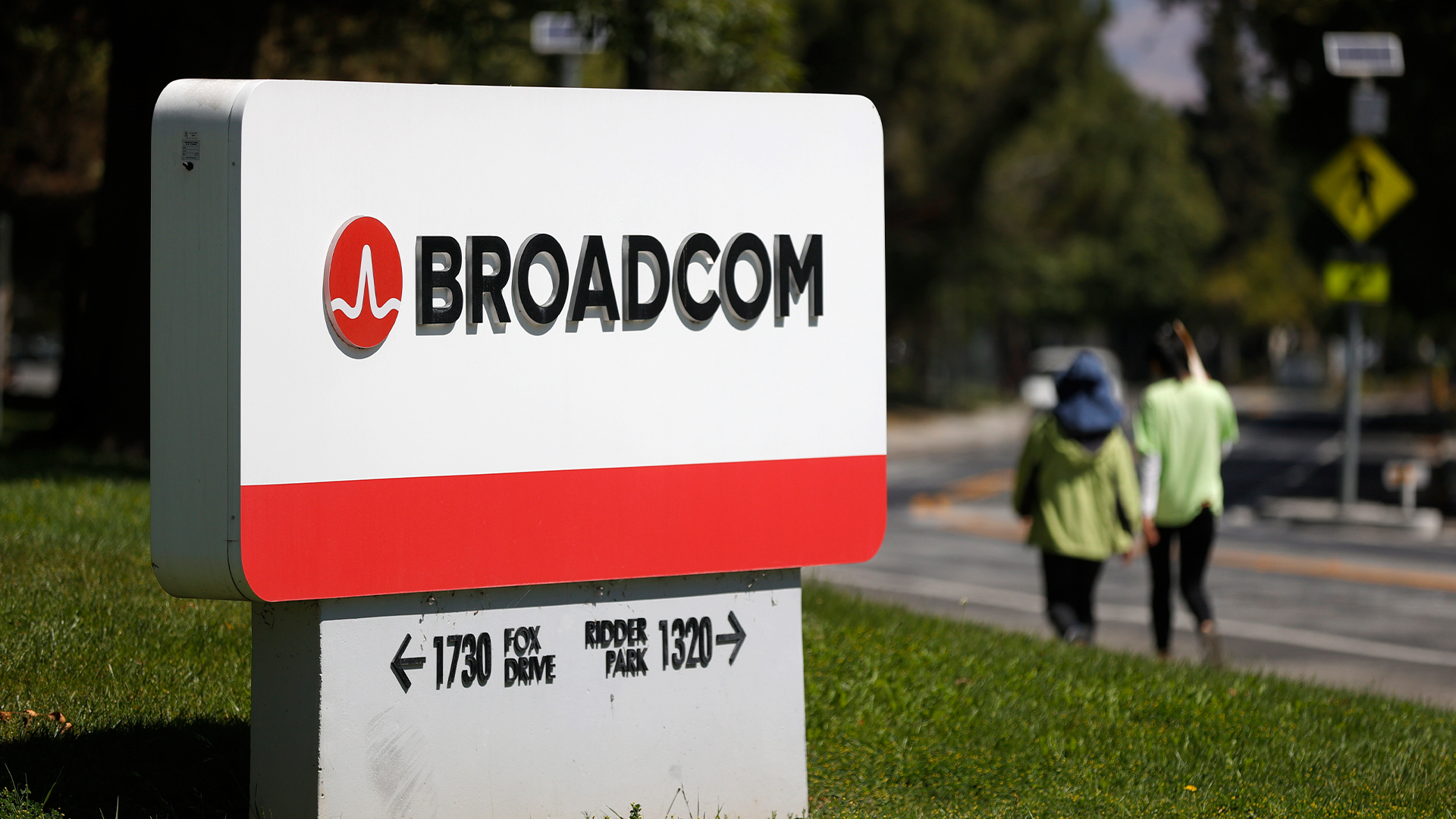 CISPE claims European Commission gave Broadcom a ‘blank cheque to raise prices, lock-in, and squeeze customers’ with VMware deal
CISPE claims European Commission gave Broadcom a ‘blank cheque to raise prices, lock-in, and squeeze customers’ with VMware dealNews Cloud providers have issued a formal response to the General Court of the European Union after the Commission defended its approval of the deal
-
 Thousands of exposed civil servant passwords are up for grabs online
Thousands of exposed civil servant passwords are up for grabs onlineNews While the password security failures are concerning, they pale in comparison to other nations
-
 Gen Z has a cyber hygiene problem
Gen Z has a cyber hygiene problemNews A new survey shows Gen Z is far less concerned about cybersecurity than older generations
-
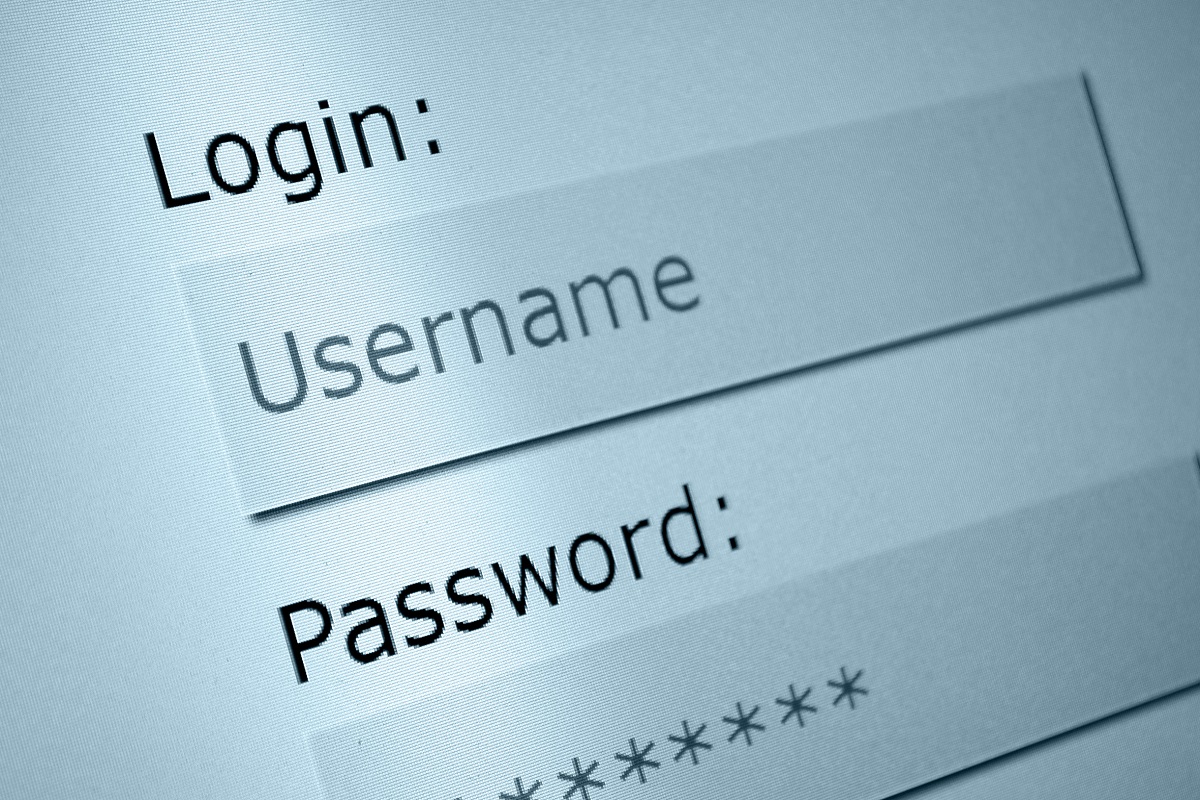 Passwords are a problem: why device-bound passkeys can be the future of secure authentication
Passwords are a problem: why device-bound passkeys can be the future of secure authenticationIndustry insights AI-driven cyberthreats demand a passwordless future…
-
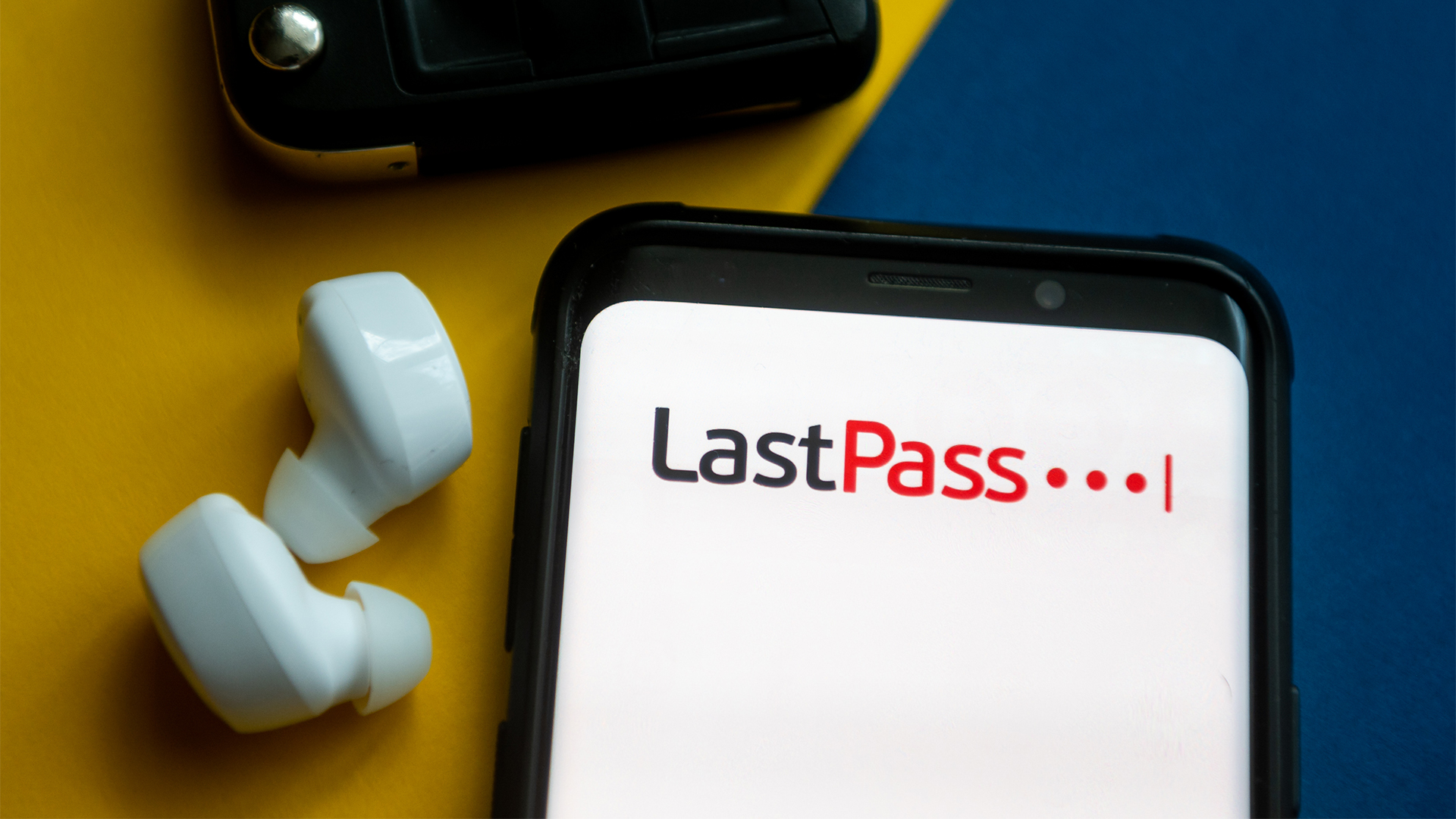 LastPass just launched a tool to help security teams keep tabs on shadow IT risks
LastPass just launched a tool to help security teams keep tabs on shadow IT risksNews Companies need to know what apps their employees are using, so LastPass made a browser extension to help
-
 The NCSC wants you to start using password managers and passkeys – here’s how to choose the best options
The NCSC wants you to start using password managers and passkeys – here’s how to choose the best optionsNews New guidance from the NCSC recommends using passkeys and password managers – but how can you choose the best option? ITPro has you covered.
-
 I love magic links – why aren’t more services using them?
I love magic links – why aren’t more services using them?Opinion Using magic links instead of passwords is safe and easy but they’re still infuriatingly underused by businesses
-
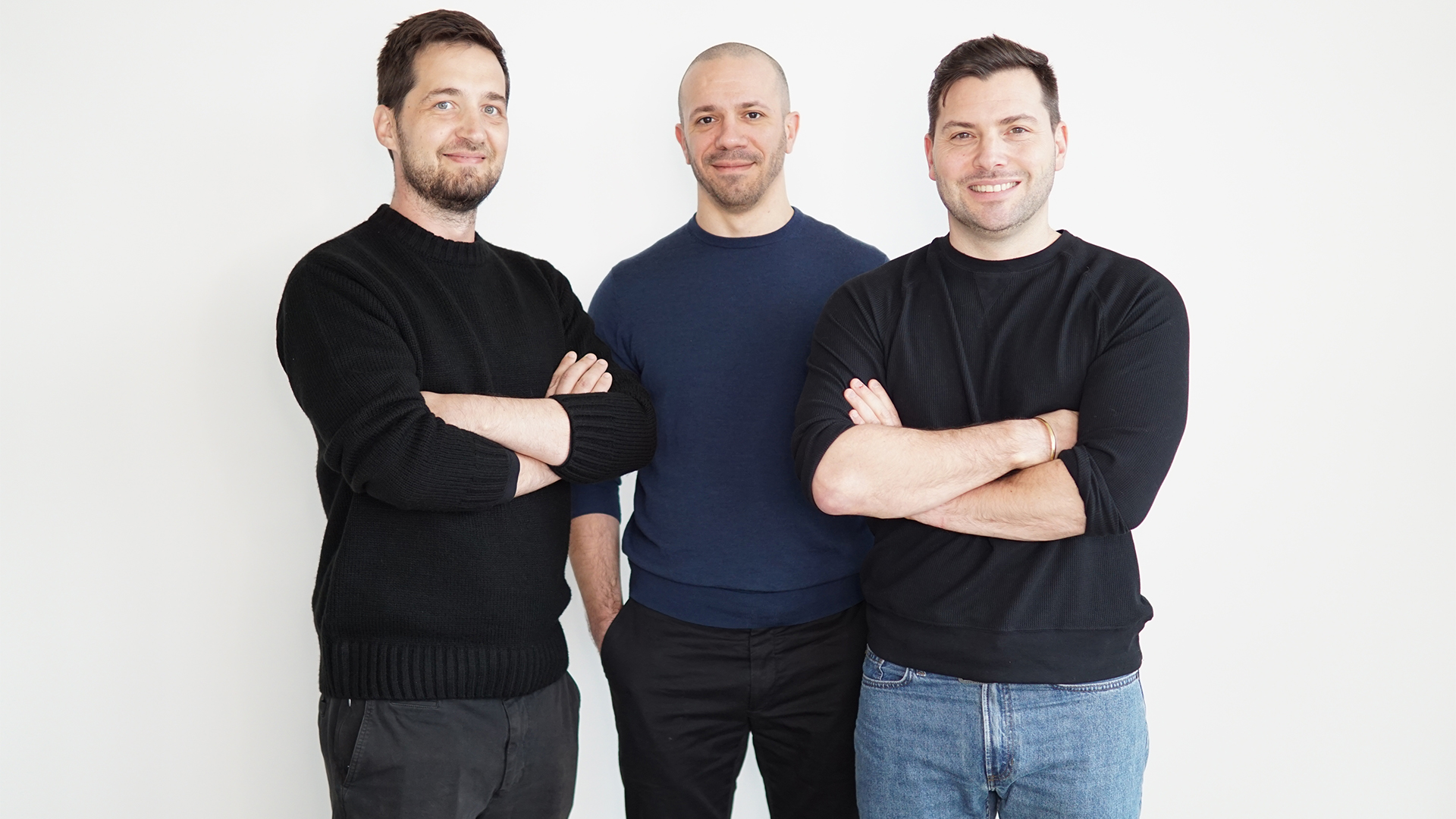 Password management startup Passbolt secures $8 million to shake up credential security
Password management startup Passbolt secures $8 million to shake up credential securityNews Password management startup Passbolt has secured $8 million in funding as part of a Series A investment round.
-
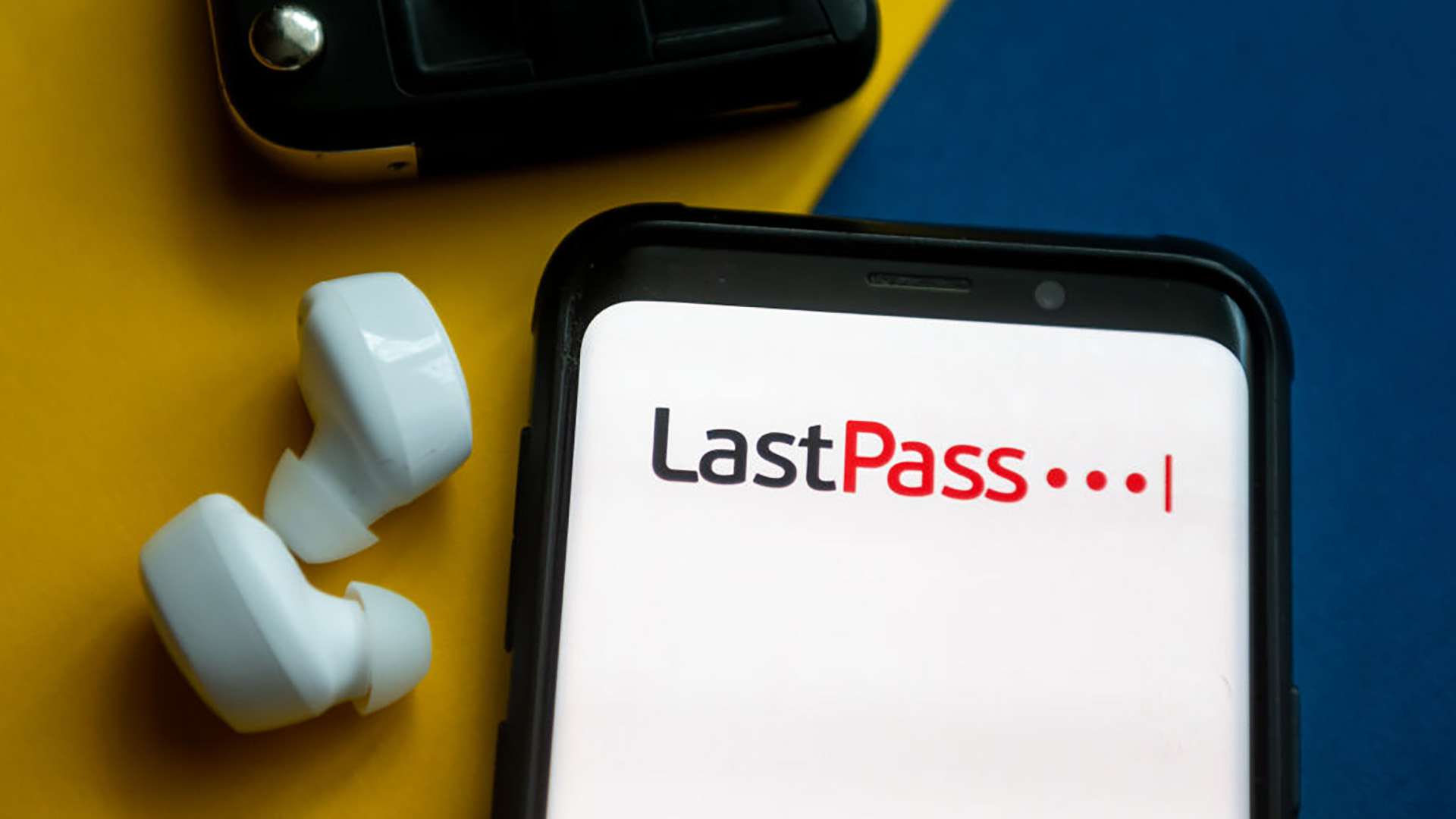 LastPass breach comes back to haunt users as hackers steal $12 million in cryptocurrency
LastPass breach comes back to haunt users as hackers steal $12 million in cryptocurrencyNews The hackers behind the LastPass breach are on a rampage two years after their initial attack